The dirtiest book of all is the expurgated book
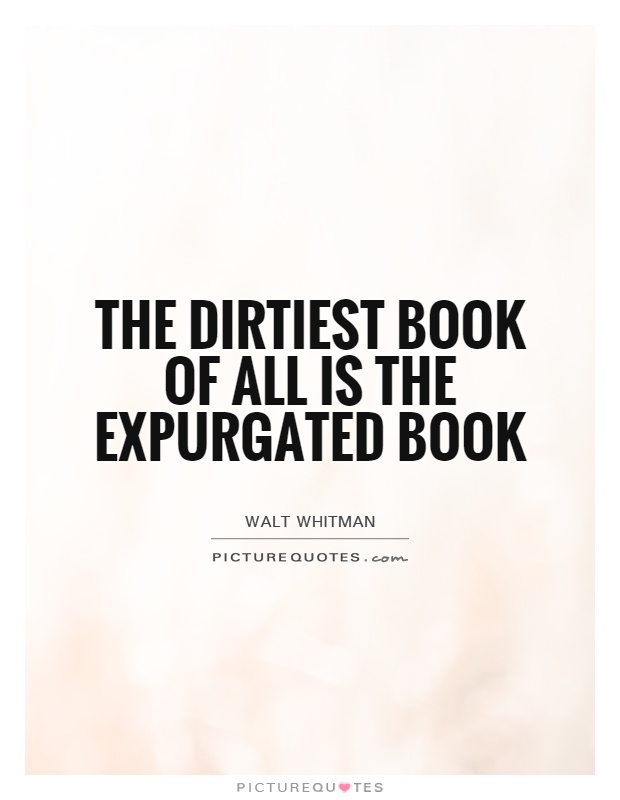
The dirtiest book of all is the expurgated book
Walt Whitman, often considered one of the most influential American poets, was no stranger to controversy. His collection of poems, "Leaves of Grass," was met with both praise and criticism upon its publication in 1855. Whitman's work was considered scandalous for its overtly sexual themes and frank discussions of topics such as homosexuality and the human body. In fact, the book was banned in several states and deemed obscene by many critics.Despite the backlash, Whitman remained steadfast in his belief that censorship was detrimental to the artistic process. He famously stated, "The dirtiest book of all is the expurgated book." This sentiment reflects Whitman's belief that true art should be raw, unfiltered, and unapologetically honest. By censoring or sanitizing a work of literature, one is essentially stripping it of its power and authenticity.
Whitman's own work serves as a testament to this belief. "Leaves of Grass" is a celebration of the human experience in all its messy, complicated glory. Whitman's poems are filled with vivid imagery, sensual language, and a deep sense of empathy for his fellow man. He believed in the power of literature to connect people on a fundamental level, and he refused to compromise his vision for the sake of societal norms.
In many ways, Whitman's defiance of censorship was a reflection of his larger philosophy of individualism and self-expression. He believed that each person had a unique voice and perspective to share with the world, and that it was essential to embrace and celebrate these differences. By censoring or suppressing certain ideas or viewpoints, society was essentially stifling the creative spirit and limiting the potential for growth and understanding.
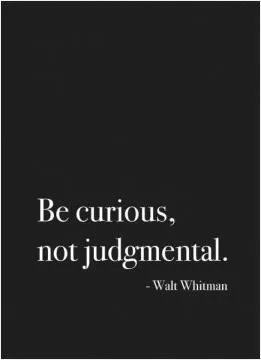
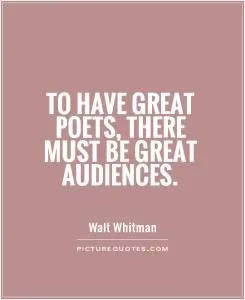

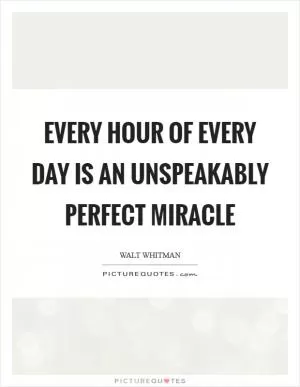
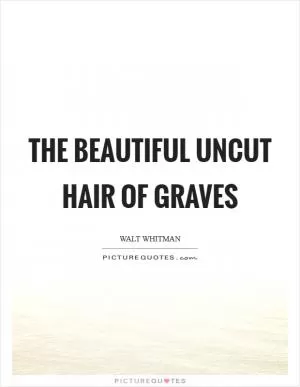
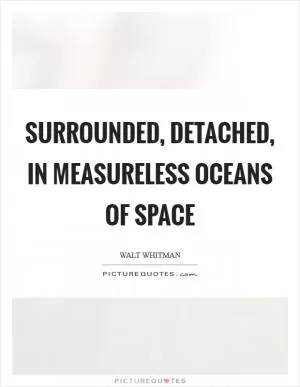

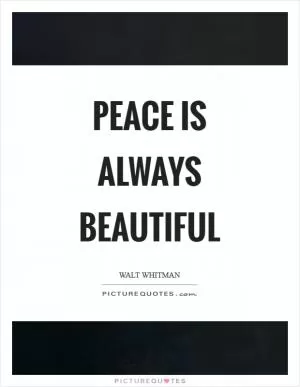
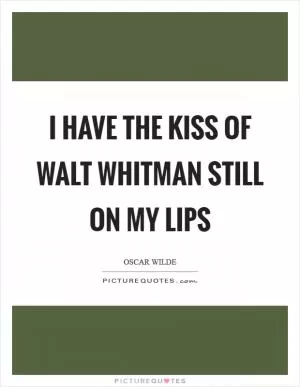

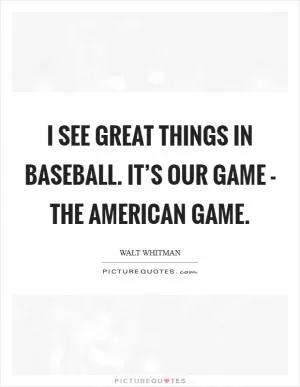

 Friendship Quotes
Friendship Quotes Love Quotes
Love Quotes Life Quotes
Life Quotes Funny Quotes
Funny Quotes Motivational Quotes
Motivational Quotes Inspirational Quotes
Inspirational Quotes